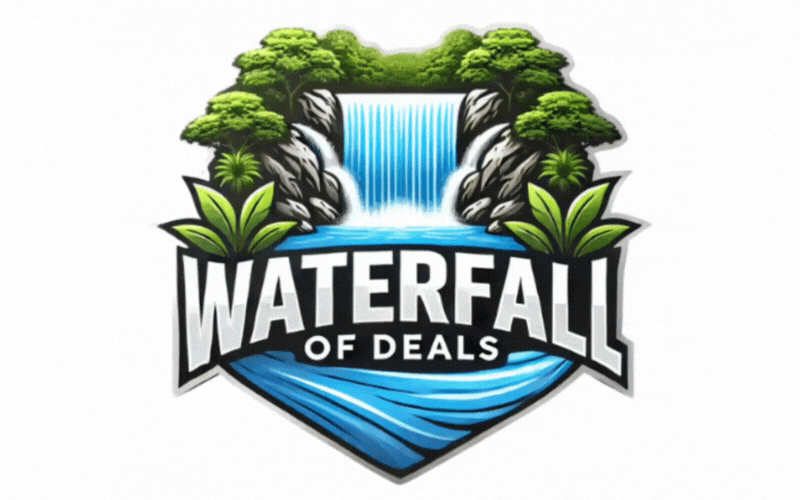A multi-day fishing and camping trip offers the perfect opportunity to disconnect from the everyday hustle and fully immerse yourself in nature. Waking up to the sounds of water lapping against the shore, spending the day fishing, and cooking fresh catches over a campfire create an unforgettable experience. However, successful trips require careful planning to ensure comfort, safety, and a great time outdoors. From choosing the right location to packing essential gear, proper preparation makes all the difference in creating a smooth and enjoyable adventure.
Choosing the Right Location
Selecting the right destination is key to a successful fishing and camping trip. Look for areas that offer both well-stocked waters and designated camping sites, ensuring easy access to both activities. Researching local fishing regulations helps avoid issues related to licensing, catch limits, and seasonal restrictions.
Water conditions also play a major role in the experience. Lakes, rivers, and coastal areas each offer different challenges and rewards. Still water is great for beginners while moving currents require more experience. Checking recent fishing reports or speaking with local anglers can provide valuable insights into the best spots to cast a line.
Packing the Right Gear for Fishing and Camping
A well-packed trip ensures that everything needed for comfort and success is available without bringing unnecessary weight. Fishing essentials include rods, reels, bait, and a tackle box stocked with a variety of lures. Extra fishing lines, hooks, and pliers are useful for making quick adjustments while on the water.
For camping, a reliable tent, sleeping bag, and appropriate clothing for changing weather conditions provide comfort during overnight stays. Cooking supplies, such as a portable stove or grill, allow for easy meal preparation, especially when combined with freshly caught fish. A cooler with ice helps preserve food, while a dry storage container keeps matches, fire starters, and other essentials safe from moisture.
Meal Planning and Cooking in the Outdoors
Planning meals ahead of time simplifies cooking and minimizes the need to carry excess supplies. Pre-packaged ingredients and non-perishable foods make great backups in case the fish aren’t biting. Lightweight options such as rice, pasta, and canned goods provide energy while requiring minimal preparation.
Cooking freshly caught fish over an open fire is one of the highlights of a fishing and camping trip. Cleaning and preparing fish properly ensures a delicious meal, whether grilled on a grate, cooked in foil packets, or pan-fried over a camp stove. Bringing along seasoning, lemon, and a bit of oil can enhance the flavor while keeping meals simple and easy to prepare.
Staying Safe and Leaving No Trace
Safety should always be a priority during outdoor adventures. Carrying a first aid kit, knowing the nearest emergency contact locations, and being aware of wildlife in the area help prevent accidents. Practicing fire safety, securing food away from animals, and following campsite regulations contribute to a safe and enjoyable trip.
Leaving no trace ensures the natural environment remains beautiful for future campers and anglers. Properly disposing of trash, avoiding damage to plant life, and using biodegradable soap for cleaning help minimize environmental impact. Respecting local wildlife by keeping a safe distance and following ethical fishing practices maintains the balance of the ecosystem.
Conclusion
A well-planned multi-day fishing and camping trip provides a rewarding outdoor experience filled with adventure, relaxation, and great meals. Choosing the right location, packing necessary gear, and preparing meals in advance set the stage for a successful trip. By prioritizing safety, sustainability, and enjoyment, campers and anglers can make the most of their time in nature and create lasting memories along the way.

